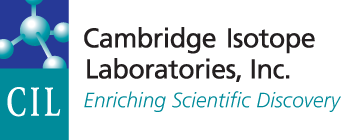Temporal Quantitative Profiling of Newly Synthesized Proteins during Aβ Accumulation
Ma ,Y.; McClatchy, D.B.; Martínez-Bartolomé, S.; et al.
Alzheimer’s disease (AD) continues to be one of the more widespread neurodegenerative diseases, yet its pathogenesis remains unclear. A causative factor is believed to attribute from the accumulation of amyloid-β (Aβ) peptides in the brain. To identify the protein regulatory network and probe the Aβ peptide effects on the brain proteome, Yates et al. applied a refined method involving 13C4/15N2-labeled and unlabeled azidohomoalanine (AHA) to the brain extracts of variously aged mouse AD models. This metabolic AHA-labeling approach selectively enriches newly synthesized proteins (NSPs) through biotin-based click reactions enabling the sensitive quantitation of NSPs in mouse brain tissues. This MS proteomics study provided further insights into the mechanism of AD pathogenesis.
